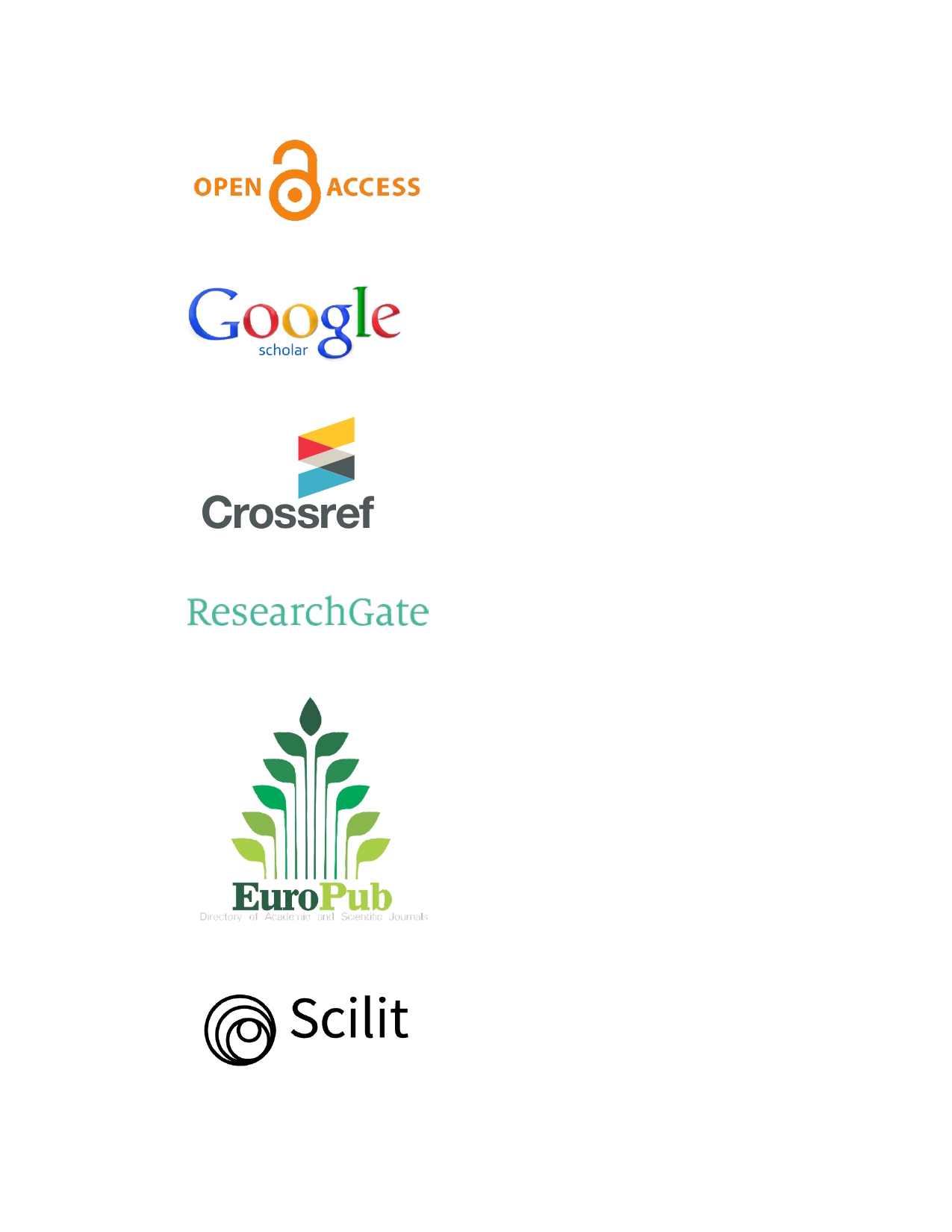Evaluation of STEM Education at Secondary Level in Vietnam: Current Status and Proposed Solutions
DOI:
https://doi.org/10.63002/assm.32.916Keywords:
STEM integration, teacher readiness, educational policy, secondary education, VietnamAbstract
This study presents a comprehensive evaluation of STEM (Science, Technology, Engineering, and Mathematics) education implementation at the secondary level in Vietnam, focusing on three critical dimensions: infrastructural readiness, teacher competency, and curricular integration. Utilizing a mixed-methods design, the research synthesizes data from a nationwide survey of 2,267 educators across 52 provinces, 20 semi-structured interviews, and policy document analysis. Key quantitative findings reveal systemic fragmentation: 49% of schools delivered only 1–5 STEM lessons annually, while 30% provided no STEM instruction, underscoring uneven adoption. Teacher preparedness emerged as a significant barrier, with merely 4% expressing high confidence in designing STEM lessons versus 49% reporting low or no confidence. Despite these challenges, localized successes were evident in provinces like Hanoi, Lam Dong, and Quang Nam, where over 1,000 student led science and technology projects demonstrated the potential of grassroots engagement. The study identifies urgent systemic gaps and proposes a multi-level framework for STEM implementation in developing contexts, emphasizing: 1. Teacher capacity building through sustained professional development, 2. Equitable infrastructure investment to address regional disparities, and 3. Context-sensitive policy reforms to align national goals with classroom realities. These interventions are pivotal to cultivating a sustainable STEM ecosystem that fosters 21st century competencies—innovation, problem-solving, and digital literacy—among Vietnamese students. By bridging empirical insights with actionable solutions, this research contributes to global discourse on STEM education in resource-constrained settings.
Downloads
Published
How to Cite
Issue
Section
License
Copyright (c) 2025 Nguyen Ngoc Muu, Nguyen Thi Hang Nga, Ngo Van Hung

This work is licensed under a Creative Commons Attribution 4.0 International License.






